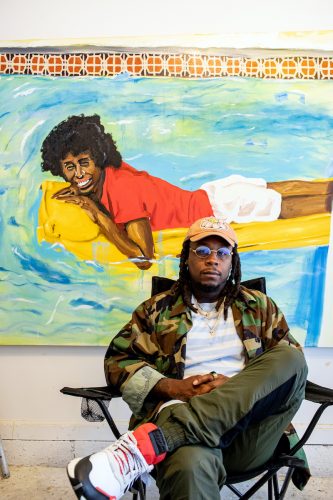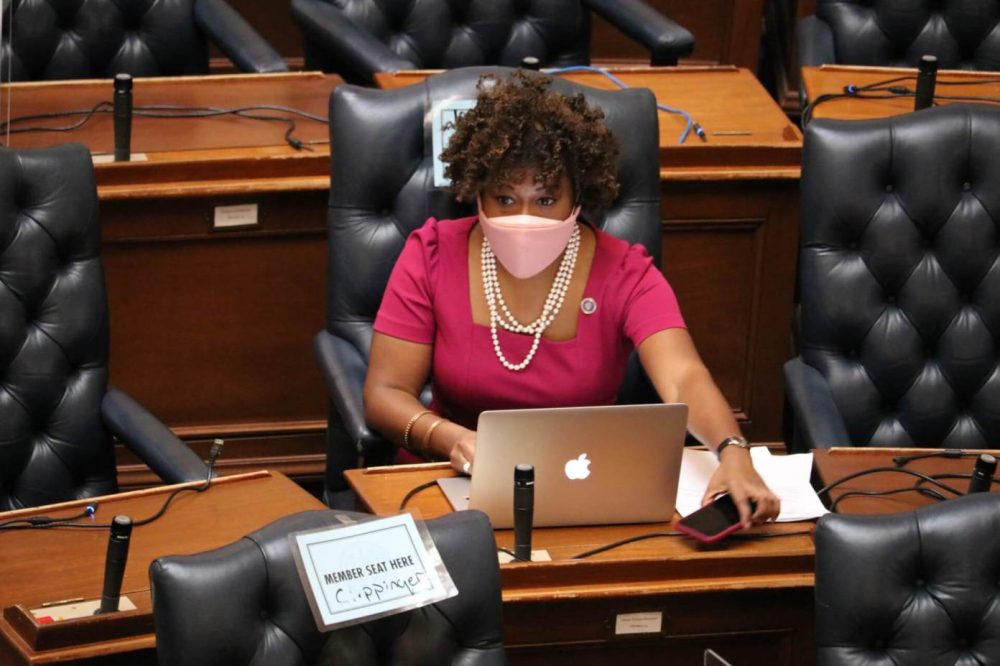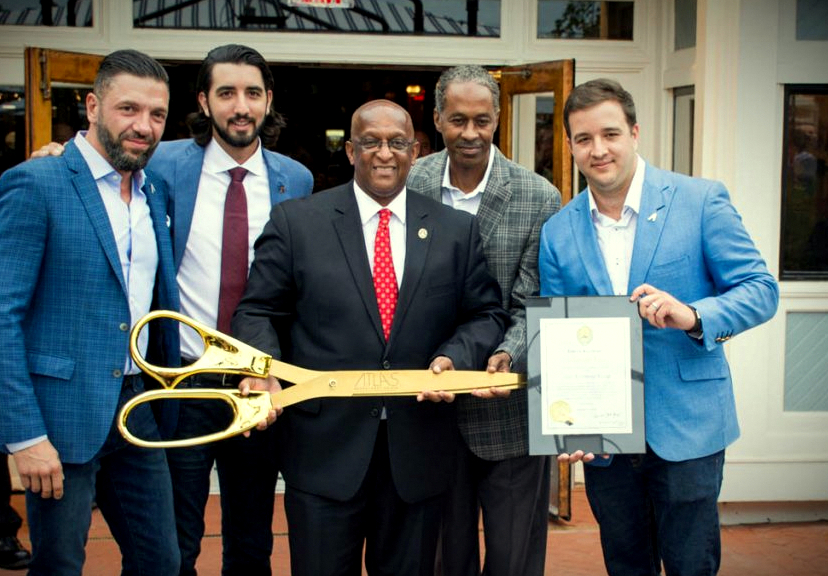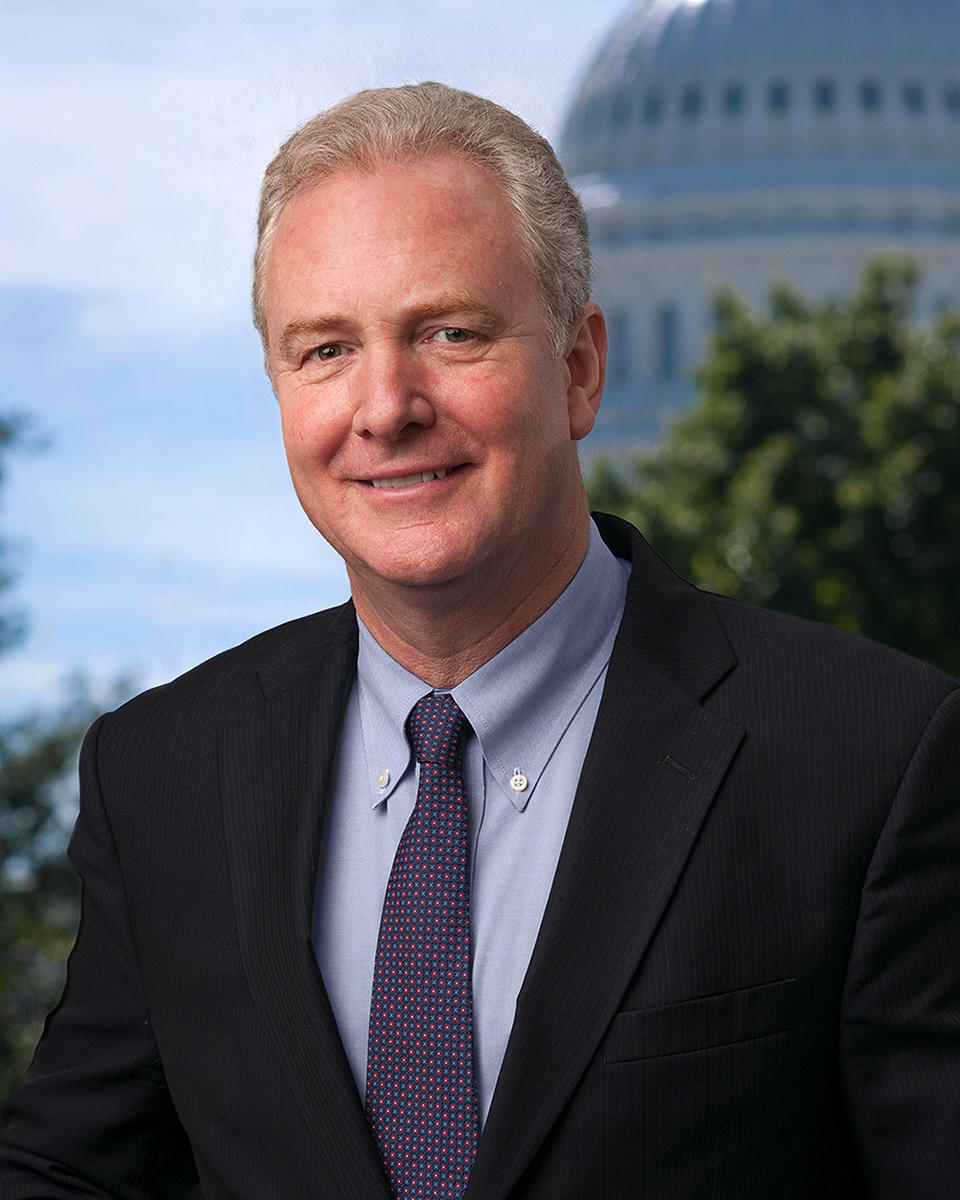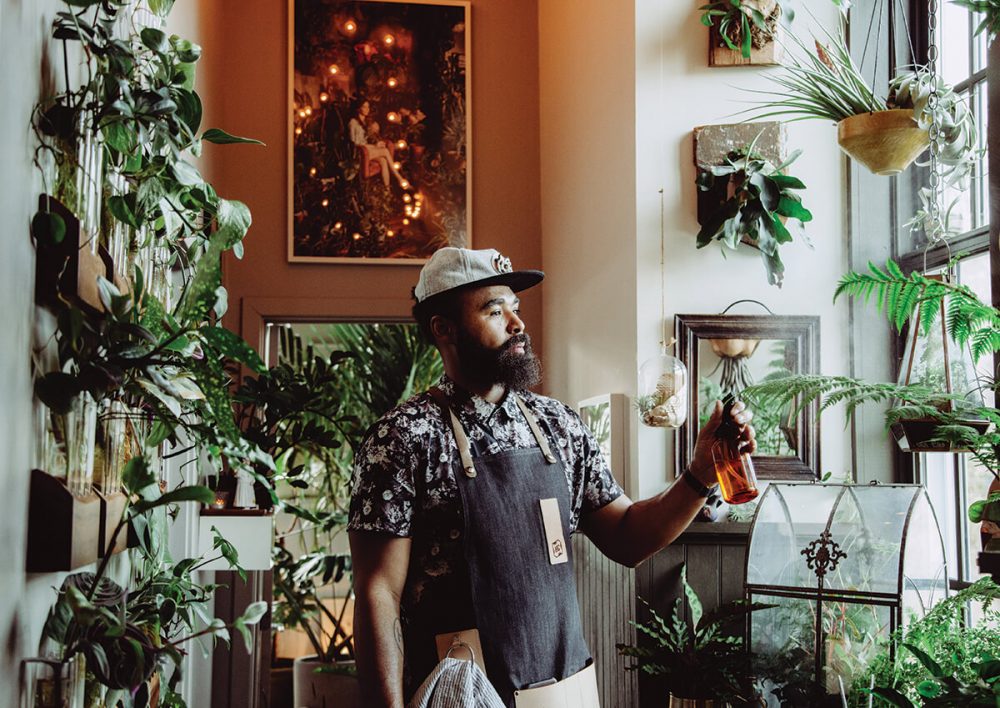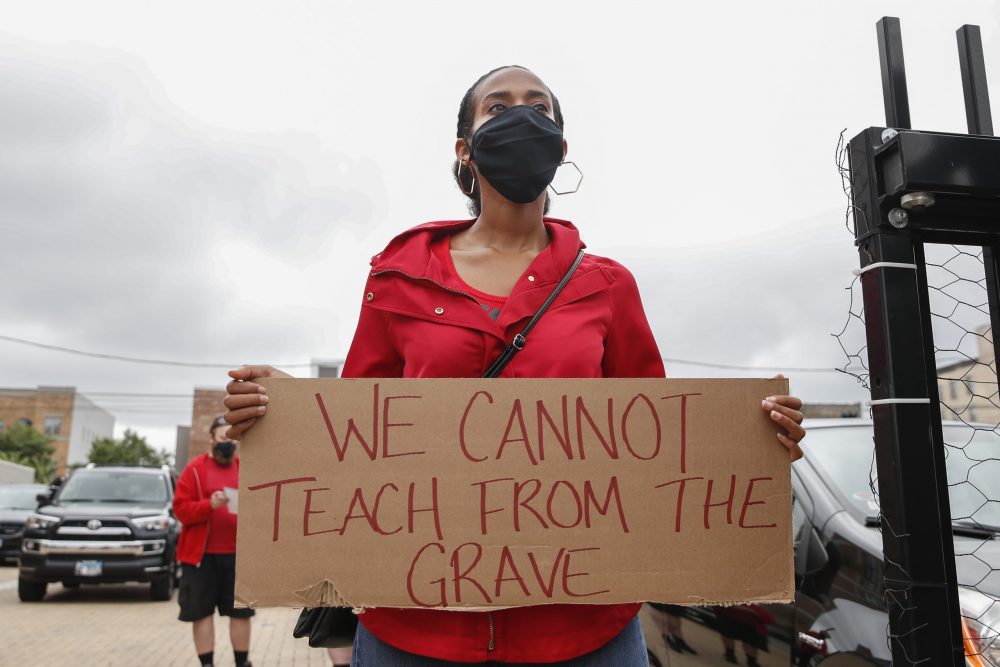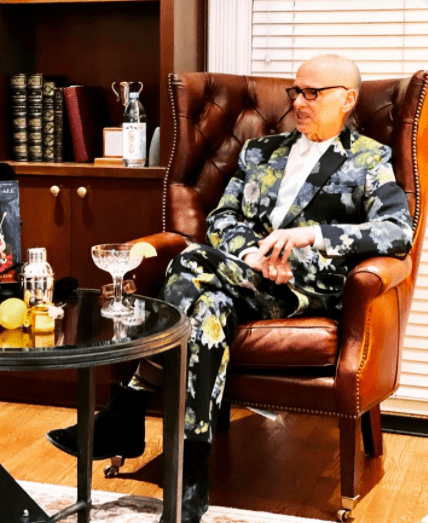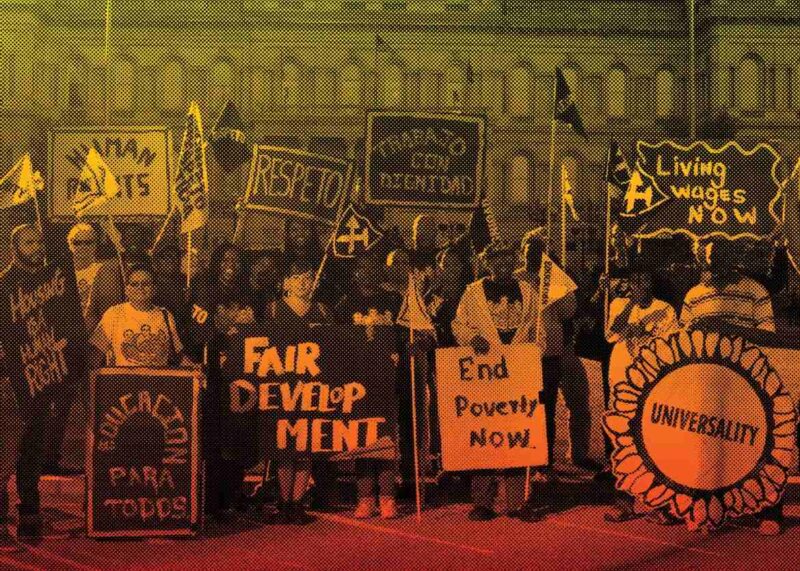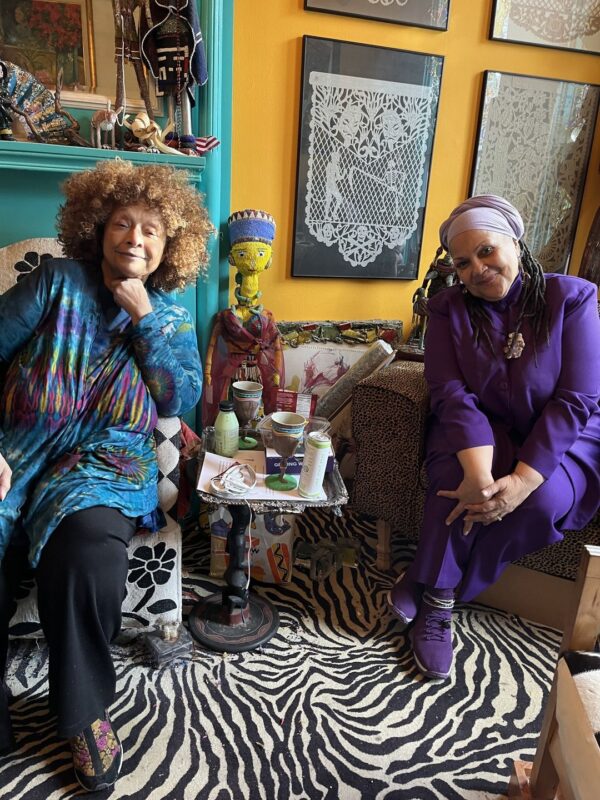Choptank case and Jennings’ $25 million suit are Exhibit A in Annapolis
by Ed Gunts
Published February 3 in Baltimore Brew
Excerpt: The Choptank restaurant was the talk of Fells Point last week after word got out that its owners had threatened to sue everyone who signed a petition asking the city not to renew their liquor license because of loud music.
Yesterday, Choptank’s threat against its neighbors was denounced in Annapolis, where the General Assembly is considering legislation that would strengthen protections for individuals who are sued or threatened with lawsuits if they exercise their right of free speech.
“Needless to say, the people who got these letters were terrified,” said Paul Levy, a lawyer with the Public Citizen Litigation Group who follows free speech issues around the country.
Levy was one of several speakers at a Senate Judicial Proceedings Committee hearing supporting a bill that would make it easier for citizens to defend themselves against SLAPPs (Strategic Lawsuits Against Public Participation) intended to intimidate people from speaking out at public meetings or writing articles.
Supporters of the legislation say the Choptank case, in which an attorney sent a threatening letter to residents alarmed by the property’s allegedly loud noise, illustrates SLAPPs’ chilling effect on the little guy.
The residents “knew it could cost them tens of thousands of dollars to defend a libel suit, so most of them did not show up for the liquor license renewal hearing,” Levy said, noting that the board then decided there was not enough evidence to support a noise complaint and rejected it.
See also:
Fells Point residents, who were threatened with a lawsuit, lose liquor license challenge
by Fern Shen
Published January 28 in Baltimore Brew
